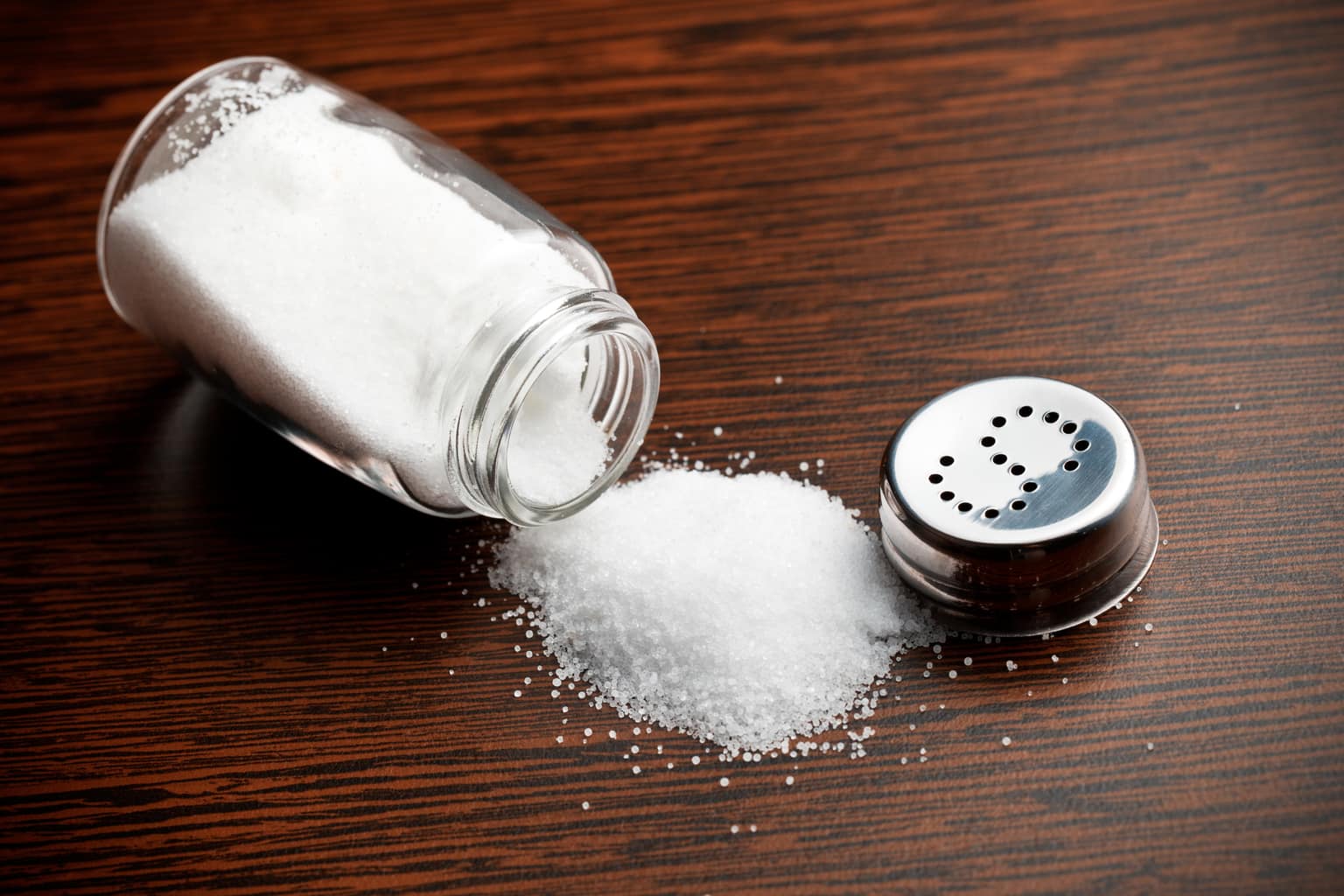
[cmamad id=”7791″ align=”center” tabid=”display-desktop” mobid=”display-desktop” stg=””]
Sometimes, in our quest to look for new changes, we overlook the obvious.
Today, I want to talk about one of those obvious things.
Salt. Plain old, ordinary table salt.
Now, traditionally, salt has been highly revered.
People used it to add flavor and enjoyment to food.
And animals use salt licks — sometimes traveling Animals will go for miles and miles to reach a salt lick.
In fact, salt is so important that we based value on it — the word “salary” comes from the word for salt.
Salt was even used as money sometimes.
The modern opinion of salt, however, has been far more negative.
Salt went from being revered to being blamed for a host of health issues.
The blame for things like high blood pressure, bloating and water retention all rest on salt.
At least, medicine blames salt.
[cmamad id=”7792″ align=”center” tabid=”display-desktop” mobid=”display-desktop” stg=””]
However, is it true? Is salt bad for you?
A recent study tested salt’s effects on thirst.
Researchers wanted to see if eating salt makes you drink more water and hold more water?
Doctors tell congestive heart failure patients today that salt causes their bodies to hold water.
They make patients limit salt, believing that it will help reduce the amount of water around the heart.
The real question though, does it help or hurt the patient?
So this study is important because it looks at that question.
It questions the treatment of millions of people who have heart issues.

This study used human cosmonauts as volunteers.
And the results showed that higher salt intake reduced thirst.
It increased urine volume, and it did not cause water retention.
So — the results are exactly OPPOSITE what doctors think is right.
How could this happen?
It turned out that the extra salt caused the body to break down tissues like fat for the water content.
The salt also increased the body’s energy output and increased hunger.
This is not the result that researchers were expecting!
One of the effects of salt was an increase in the body’s production of urea.
Urea is a waste product of the kidneys screening our blood, and it goes into our urine to be peed out.
The salt caused higher urea levels, and so there was higher urine output.
But making urea costs the body a lot of energy — so the body burned more calories.
This, in turn, caused increased hunger — although they didn’t increase calories.
And that brings us to a really interesting question.
So does salt lower body weight?
Sadly, researchers did not include changes in body weight, water, and fat in the report for this study.
But the next study I’m going to show you did attempt to answer this question.

This study used mice, not humans.
Sometimes mice studies are better because you can control everything a mouse eats or drinks.
That’s a little tough to do with a human being.
In the study, researchers fed mice a high-fat diet, which caused expected weight gain.
However, the researchers split the mice into four groups to test different amounts of salt in the diet.
Then they compared these groups to a control group who did not receive extra salt.
This chart shows that the higher the salt intake, the less weight gained.

Notice the mice eating the highest salt content gained the least amount of weight.
I was a little surprised, too.
And I thought about how would this apply to someone trying to lose weight?
Could you increase your sodium intake for weight loss?
If you are trying to lose weight, it might be beneficial to increase your salt intake.
However, as the first study showed, higher salt intake did increase hunger.
So if you’re increasing salt intake, you need to monitor your calories and hunger as well.
Of course, it’s best to consult with your doctor before making any dietary changes.

https://www.jci.org/articles/view/88530
Dietary Sodium Suppresses Digestive Efficiency via the Renin-Angiotensin System
www.nature.com/srep/2015/150611/srep11123/full/srep11123.html

Leave a Reply